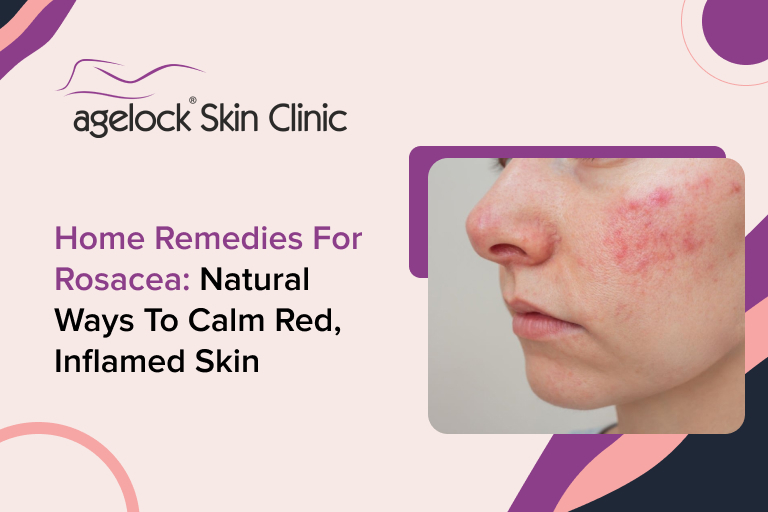Do you have a lot of skin problems below your face mask? Our expert explains how to keep your skin clear.
Wearing masks to reduce the spread of coronavirus remains compulsory in most countries for consumers and staff at critical retail locations. Still, the practice has resulted in a new complaint – Face Mask breakouts caused by wearing masks for lengthy periods of time.
According to Dr. Jagatjit Singh Kohli, head of Agelock Skin Clinic and Dermatology Center, one of the biggest reasons people are prone to acne or breakouts is because of the mask where skin experiences significantly more friction on the area that’s covered.
How about making your own mask?
1) Some fabrics are better than others
The good news is that there are some things you can do to keep your face mask from harming your skin. First and foremost, know the material from which your mask is created. Unless you are a front-line healthcare professional, the government suggests wearing a cloth face mask so that surgical masks can be reserved for those who need them.
2) Choose fabric masks
While surgical masks are more effective at protecting against the coronavirus, they do not breathe as well as cloth masks. Fabric masks are more useful for people who have pores and skin troubles because they do not create a humid environment under the mask and therefore are more opted for. Cloth masks are a little more gentle on the skin and allow for a little more breathing. They also don’t cause as much friction as a surgical mask.
3) Don’t overdo the washing
Washing your face two times a day is the right way to cleanse on a regular basis. Trying to over-cleanse your face more than twice is not recommended. It may cause irreversible effects on your skin.
Even though it may appear contradictory, we noted that frequent face cleaning can really worsen acne. This happens because washing it often makes it lose natural oils and therefore aggravates it.
4) Prevention is better than cure
You might also think about applying an ointment or a lotion and make sure you protect the delicate areas from rubbing or chafing to lessen the negative effects of wearing a face mask. And also, covering the injured skin overnight with petroleum jelly or barrier gel such as Aquaphor or Vaseline can be helpful.
5) Improve your skincare regimen
Emphasize the value of keeping your skin adequately hydrated for daily maintenance, as this will act as the skin’s barrier to any breakouts. Use unscented or fragrance-free cleansers like La Roche Posay’s Tolerance Dermo-Cleanser or Cerave’s Hydrating Cleanser to keep your skin from drying out.
While it may be tempting to wash your face right before and right after applying a mask, Skin specialists advise against doing so and strongly suggests we wash our face only twice a day, in the morning and evening. This can exacerbate dryness, irritation, and redness, especially in people with dry, sensitive, or mature skin.
6) Hydrate with moisturizer
Apply a mild moisturizer to your face after you’ve washed it to give your skin more hydration.
Selecting a product that contains hyaluronic acid, a sugar that occurs naturally in our bodies and aids in the moisture retention of pores and skin.
Additionally, using a moisturizer with ceramides, such as A Daily Moisturizing Lotion, can help retain moisture.
Follow these steps to keep your skin soft and smooth under the face mask and also ensure to wear a mask everywhere you go to keep your skin and health at check.








